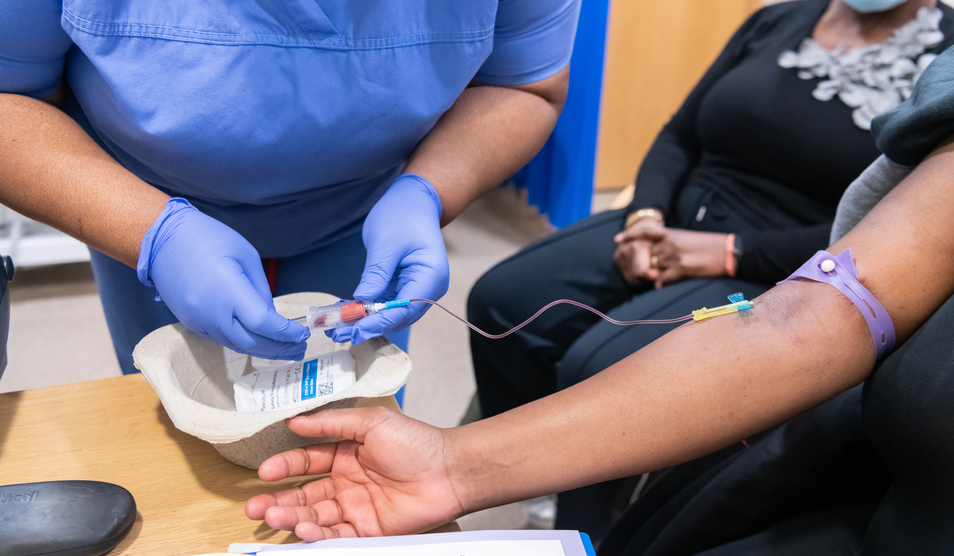Findings showed that women with blood groups B and O were more likely to deliver prematurely, while those with blood group A had a lower risk.
Pregnancy often brings more questions than answers. Is this normal? Should I worry? What more can I do to prepare? The good news is that science keeps uncovering clues to better support healthy pregnancies.
A new study from Imperial College London points to an unexpected factor—a woman’s blood type—as a potential influence on preterm birth risk. The research, published in npj Biofilms and Microbiomes, analyzed more than 74,000 maternity records. Findings showed that women with blood groups B and O were more likely to deliver prematurely, while those with blood group A had a lower risk.
Infection Causes Many Preterm Births Also Linked to Neurodevelopmental Risks, Study Confirms
Why? Scientists suspect it may relate to the microbiome. Women with blood group A were more likely to carry Lactobacillus crispatus, a beneficial bacterium tied to healthier pregnancies.
“Although we did not establish causation, we have identified a genetic link that can influence spontaneous premature birth risk,” explained lead author Lynne Sykes, PhD, clinical associate professor at Imperial. “This could help us identify risk earlier in pregnancy and develop more tailored interventions.”
The study also highlighted differences based on medical history. For example, women with prior cervical surgery and blood group B had higher odds of preterm birth. Those with a history of miscarriage or premature delivery faced the greatest risk if they were blood group O.
Childhood Blood Pressure Reading at 7 Could Predict Lifespan
Importantly, researchers stress the findings should not spark alarm. Instead, they represent a step toward personalized medicine in pregnancy. “The treatments we currently offer to prevent preterm birth have barely changed in decades,” Sykes said. “This research opens the door to more targeted, biologically-informed care.”
The work is already moving forward. A new clinical trial, launching this fall with support from March of Dimes, will test whether probiotics containing Lactobacillus crispatus (Lactin-V) can lower preterm birth risk in high-risk women—and whether benefits vary by blood type,




